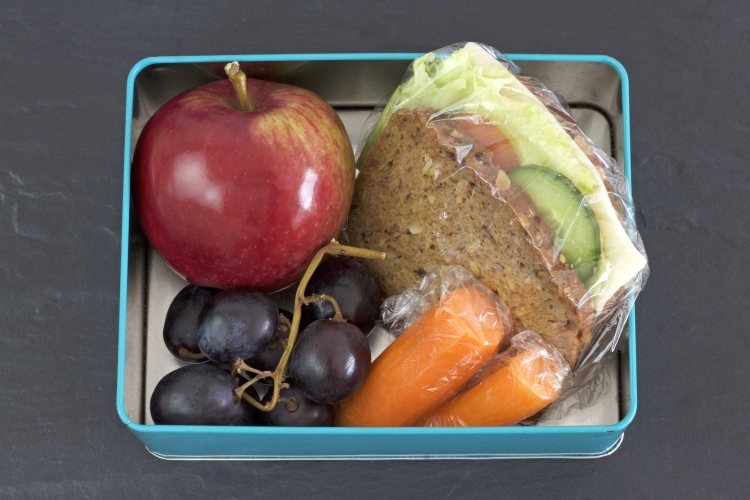Child food insecurity, with its harmful short- and long-term consequences, typically increases during summer as kids are unable to eat meals at school. This summer, as pandemic-related hardships are still impacting many families, the American Rescue Plan’s (ARP) extension of Pandemic EBT (P-EBT) — grocery money for families while kids are out of school — comes at a critical time. Kentucky will receive $243.5 million from the U.S. Department of Agriculture (USDA) to help mitigate hunger for an estimated 649,000 eligible children — nearly 7 in 10 Kentucky kids.
Extended P-EBT comes at a critical time for Kentucky families
As Kentucky’s economy begins to recover from the pandemic, many families are still struggling, with 32% of households in Kentucky still unable to pay for usual household expenses like rent, food and medical needs. According to the latest Census Household Pulse Survey data, as of March 2021, 13% of Kentucky adults with kids in the household were struggling to put enough food on the table. In addition to job and income losses from which families are still recovering, food prices have risen in the pandemic.
As a result, child hunger this summer is anticipated to be worse than usual. Typical summer feeding programs, like the Summer Food Service Program, try to fill the gap left behind by school meals, but fall short, reaching only 1 in 7 students who are served during the school year nationally.
To prevent hunger related to missing school meals this summer, the ARP included a delay in the expiration of P-EBT from the end of the school year to the end of the summer. This is a critical intervention, as research shows even moderate food insecurity in childhood has lifelong economic and health consequences. These include short- and long-term repercussions to academic success and economic security. And in terms of health, children from households that face food insecurity are twice as likely to report poor to fair health status and are more likely to face chronic health conditions like asthma or poor mental health.
P-EBT alleviates child hunger, helps families make ends meet and stimulates the local economy
Early analysis of P-EBT during the COVID-19 crisis indicates it reduces food hardship for children by 30% the week following disbursement. Food hardship refers to the inability of households to afford adequate nutrition.
Congress first established P-EBT in the Families First Coronavirus Response Act last March to provide families whose students missed free and reduced-priced meals with grocery money while schools were closed to in-person classes. The first round of P-EBT made up for meals missed in the spring of 2020 and provided over $163 million to over 550,000 Kentucky children. The second and third rounds covered the full 2021 school year and provided $697 million in grocery money to over 600,000 kids.
Most recently the ARP both extended P-EBT into September and expanded benefits to families with children under 6 years old who participate in SNAP and whose day care was closed due to the pandemic at some point between October 2020 and May 2021. In total, parents of an estimated 650,000 Kentucky children can expect about $375 per student to cover the ten weeks of summer, totaling $243.5 million.
In total so far, Kentucky families have received $1.1 billion in P-EBT benefits loaded onto cards they can use at any local grocery store, convenience store or farmers market that accepts EBT cards. This brings business to local stores, supports the staff that work there and ripples out through the local economy. Research similarly shows that the Supplemental Nutrition Assistance Program (SNAP or food stamps) generates as much as $1.80 in local economic activity for each dollar in federally funded SNAP benefits during a downturn.
Congress can make these wins permanent
Children should never go hungry just because school is out. Building off the success of P-EBT, Congress should enact permanent Summer EBT. Already established as a pilot program that ran in a few states between 2011 and 2019, Summer EBT has been shown to reduce food insecurity and improve nutrition for low-income families.
The American Families Plan, proposed in April but yet to be picked up by Congress, would permanently expand the Summer EBT program nationwide. It would also expand the Community Eligibility Provision that provides free meals to all students in high-poverty schools, and make it easier for families to get free and reduced-price meals by using Medicaid and Social Security data. These tools will help states fight hunger year-round and give children a healthier start to a more prosperous life.
For more information on P-EBT, parents and caregivers can look for answers in this FAQ or by calling the Department for Community Based Services at 1-855-306-8959. Additional information on this summer’s P-EBT is forthcoming.




